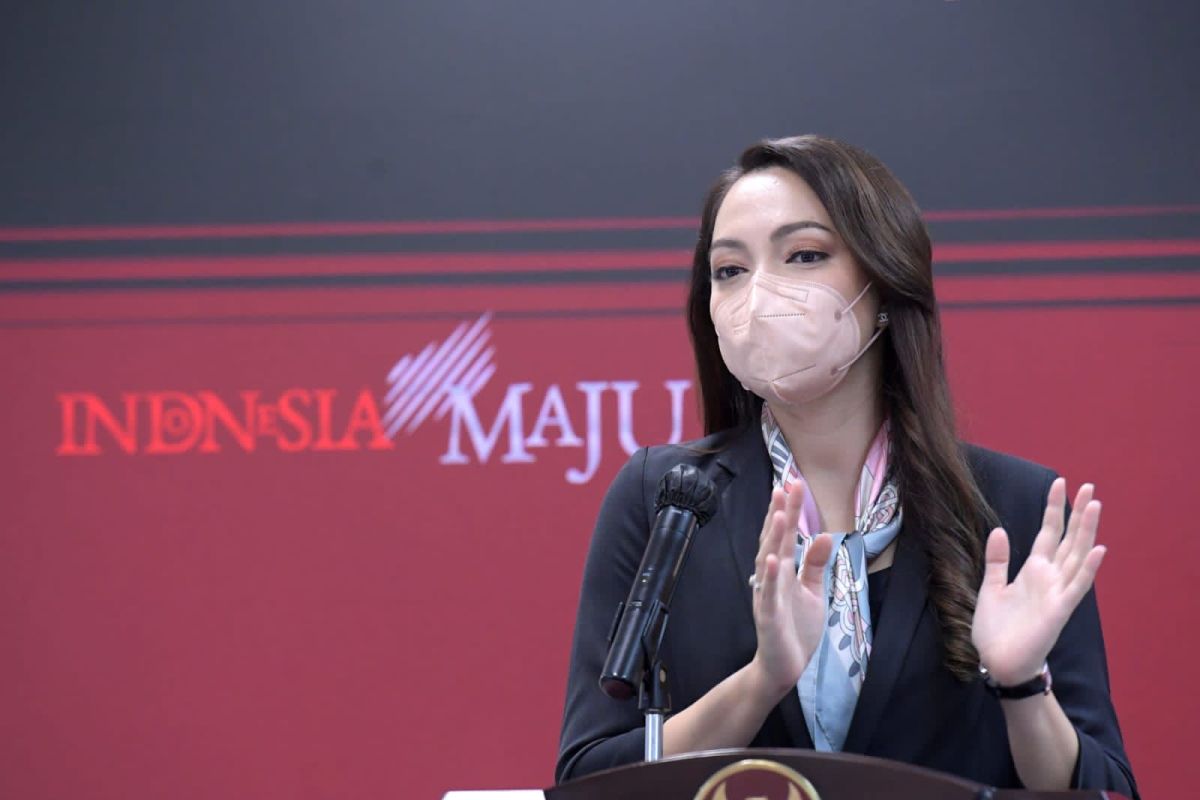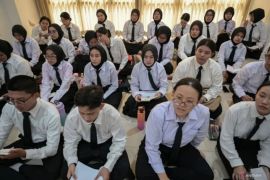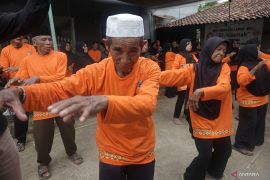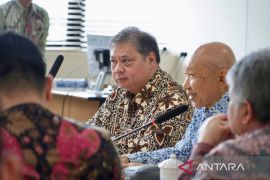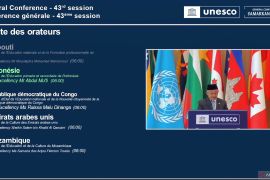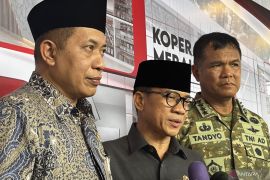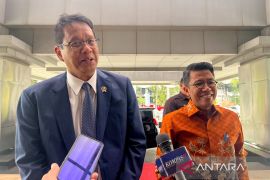"Of course (the government) always monitors all the developments in the COVID-19 situation in Indonesia. Remember, last year we had the go-ahead and stop principle, more or less, now it is also like that," she said at an online broadcast on 'Domestic Travel Health Protocols', which was monitored here on Monday.
The spokesperson said that all policies made by the government always prioritize the safety and health of citizens.
In addition, changes to policies have also been made to control people's mobility during the COVID-19 pandemic to keep them safe, she added.
Related news: Vaccination instrumental in entering COVID-19 endemic stage: official
According to Asmoro, although people's activities have been allowed again in stages and have the potential to continue to increase, all activities need to be balanced with the tightening of health protocols.
"Although (public) activities have begun to be allowed again, if we are strictly following the health protocols and vaccinated, we can still avoid and minimize the potential of spikes in cases in the future," she said.
For that reason, various prevention policies, such as the enforcement of public activity restrictions (PPKM), which the government has continuously implemented, will always be evaluated to prevent a third wave of COVID-19 in Indonesia, she informed.
Health screening should be increased to ensure all travelers are in good health and to keep COVID-19 cases in the country low, she said.
The first case of COVID-19 was confirmed in Indonesia in March 2020. According to data from the National Disaster Mitigation Agency (BNPB), as of October 25, 2021, at least 4,240,479 people have tested positive for COVID-19 in the country, while 4,083,690 people have recovered, and 143,235 people have succumbed to the deadly virus.
Related news: Govt arranges strategy to prevent cases spike on year-end holidays
Related news: COVID-19: Third wave alert amid new cases in 105 regions
Translator: Hreeloita Dharma, Raka Adji
Editor: Suharto
Copyright © ANTARA 2021
